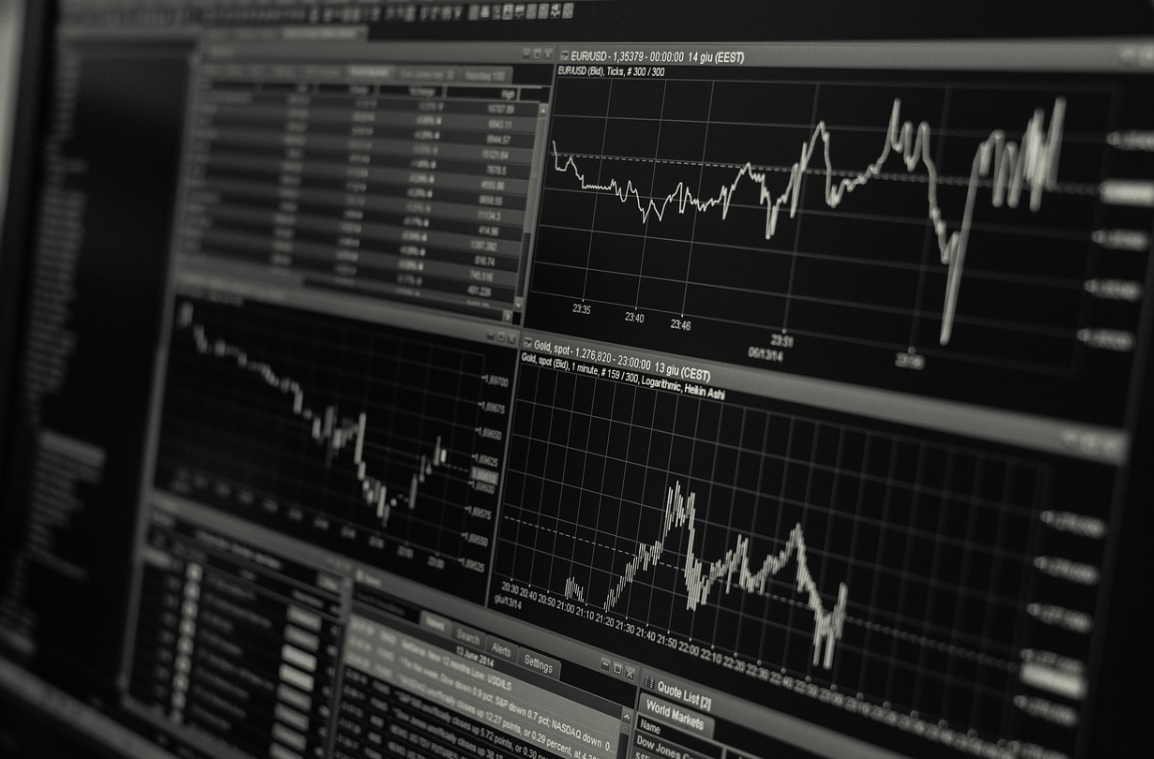Global stocks rose in cautious trade on Tuesday as investors grappled with the possibility of a flare-up in inflation due to the OPEC+ group's surprise output cut, while the dollar sagged after weak U.S. manufacturing data the previous day.
An announcement on Sunday of an output target cut by the Organization of the Petroleum Exporting Countries (OPEC) and its partners, known as OPEC+, boosted oil prices and complicated the inflation outlook. Brent crude was last up 0.6% at $85.50 a barrel, set for its biggest two-day rally since last July, with a gain of 7.15% over Monday and Tuesday.
Investors were also assessing Monday's survey of U.S. manufacturing activity from the Institute for Supply Management, which in March slumped to a near three-year low as new orders plunged, and analysts said tighter credit conditions could choke off more activity.
In Europe, the STOXX 600 (.STOXX) rose 0.4% in early trading, led by gains in basic resources stocks such as Glencore (GLEN.L), whose bid for Teck Resources (TECKb.TO) was rebuffed by the Canadian copper miner the day before, while oil and gas stocks (.SXEP) like Shell (SHEL.L), BP (BP.L) and TotalEnergies (TTEF.PA) got a lift from the strength in the crude oil price.
Meanwhile, U.S. stock futures , pointed to a flat start on Wall Street later and the MSCI All-World index (.MIWD00000PUS) rose 0.1%.
"The decision by OPEC+ to catch the markets wrong-footed by announcing unexpected production cuts of 1.1m barrels a day from next month, sent oil and gas prices surging yesterday, boosting the energy sector and not much else," CMC Markets chief market strategist Michael Hewson said.
"The move by OPEC+ is particularly unhelpful for central banks who, while being worried about sticky inflation, are becoming increasingly concerned about pushing rates up from their current levels," he said.
A market-based gauge of medium-term U.S. inflation expectations blipped up to its highest in a month on Monday.
The so-called five-year breakeven inflation rate - derived from subtracting the five-year inflation-linked Treasury yield from its nominal counterpart - rose to as much as 2.49%, before subsiding to around 2.39% on Tuesday in European trading.
Investors believe the Federal Reserve and other central banks may be almost done raising interest rates, especially in light of the turmoil across the banking sector in March, and as inflation has gradually cooled off in recent months.










